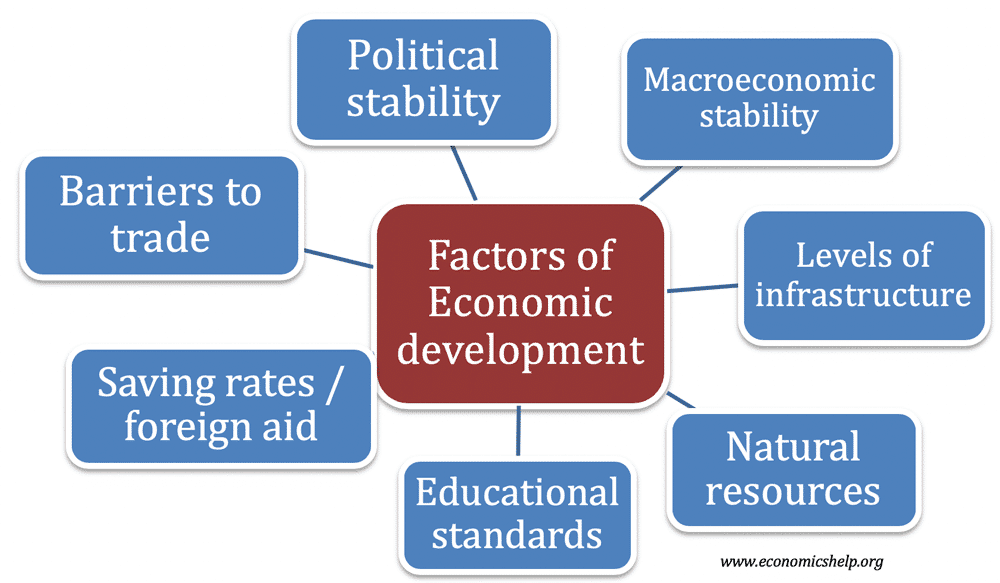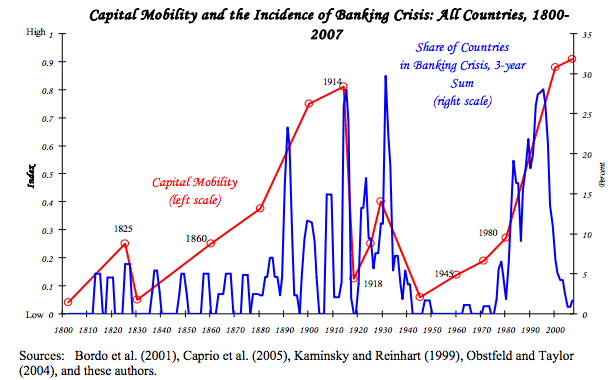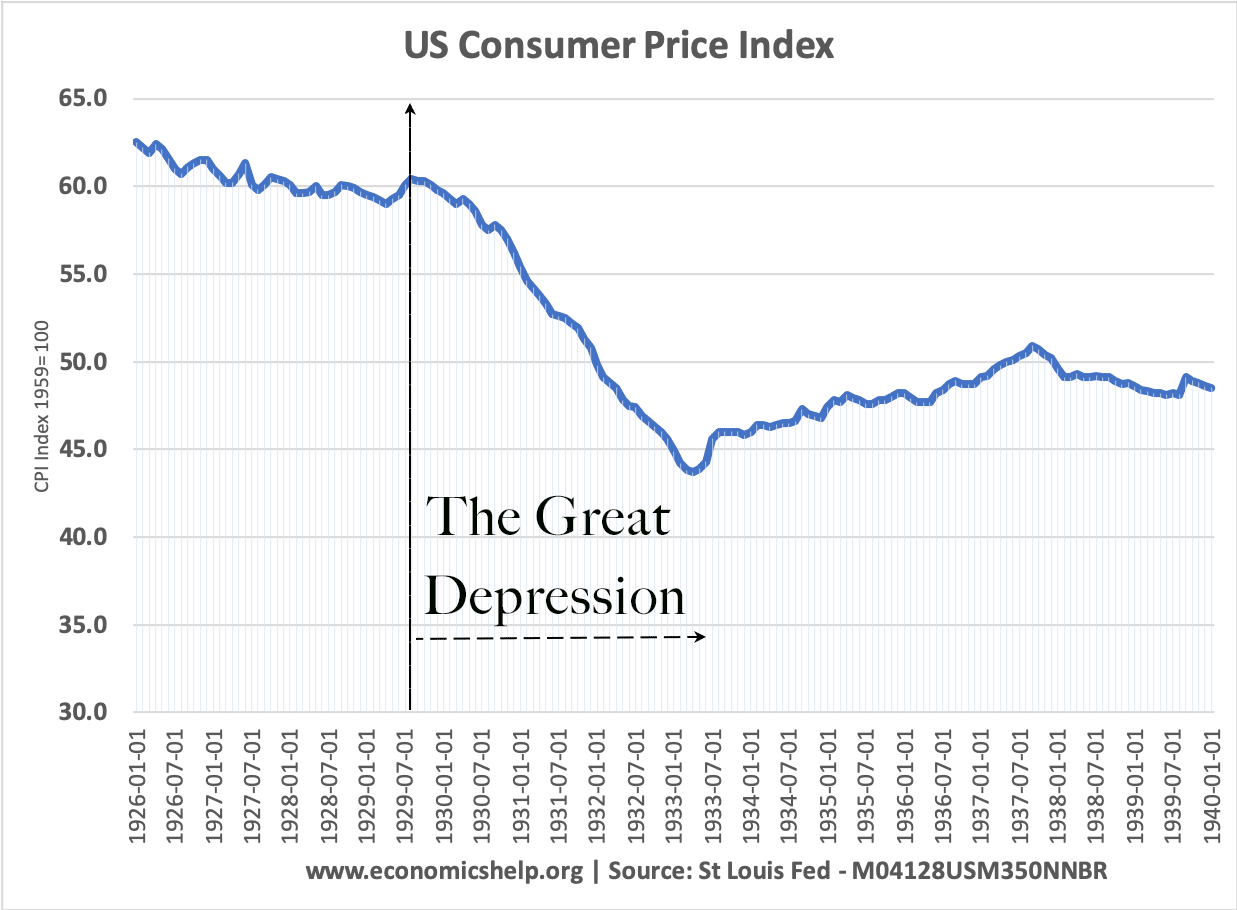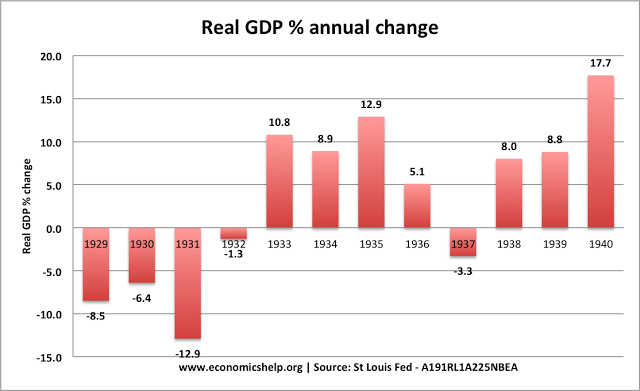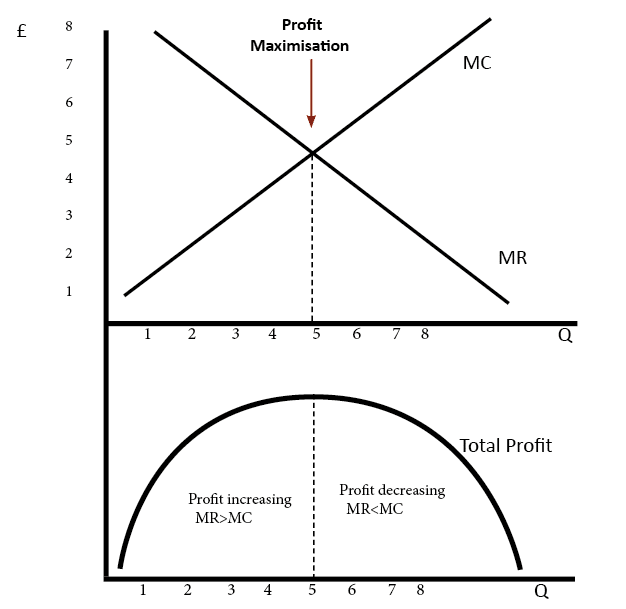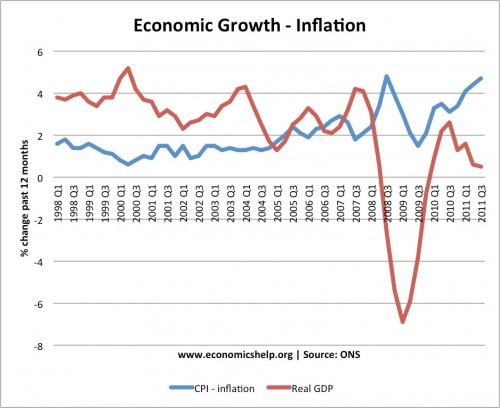Indicators of economic development
What is Economic development? Economic development is the process of improving economic welfare in an economy. Economic development can involve a stronger economy enabling a greater range of social services that improve a nation’s welfare. For example, an undeveloped economy will be primarily based on agriculture and very limited social services such as health care …

